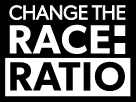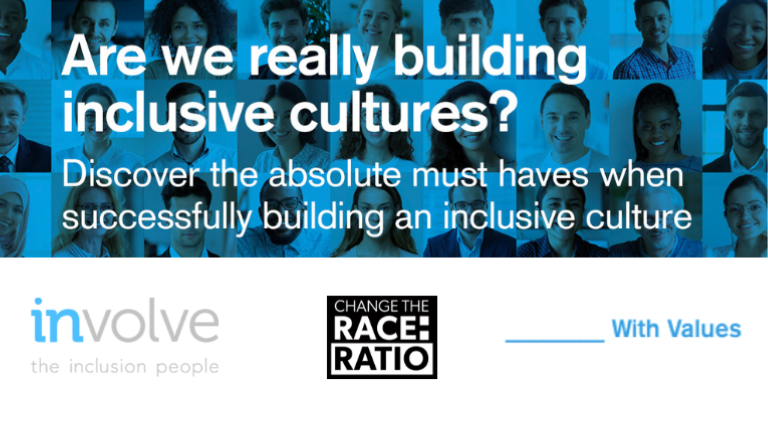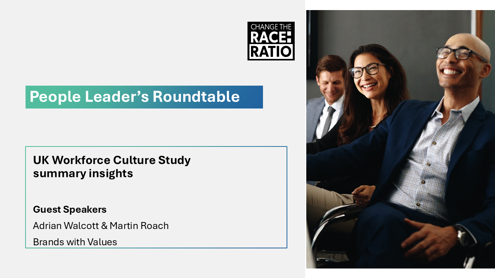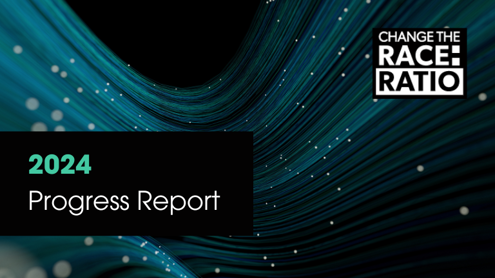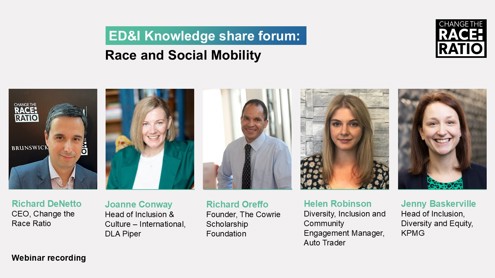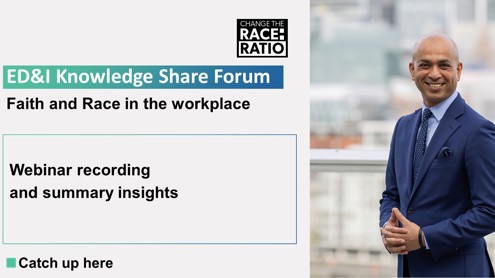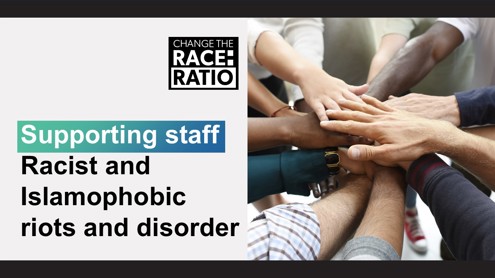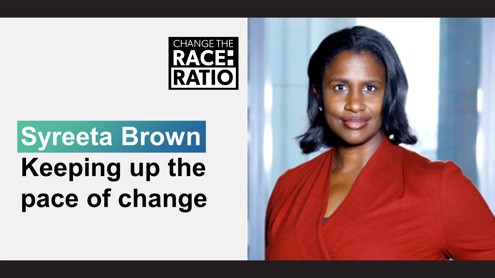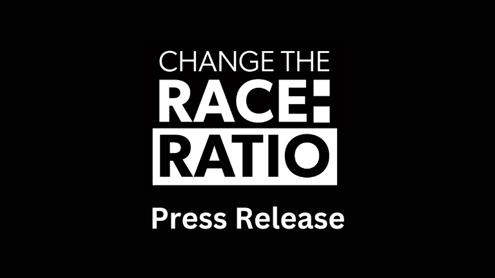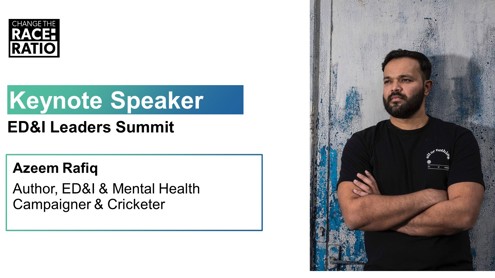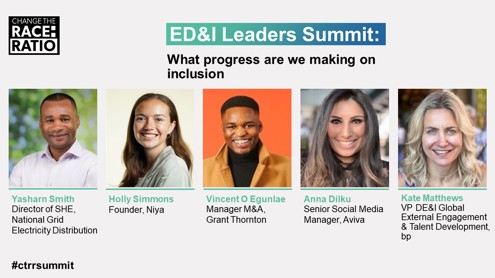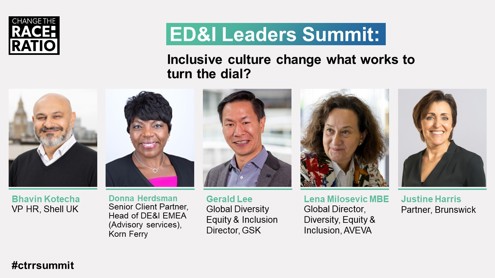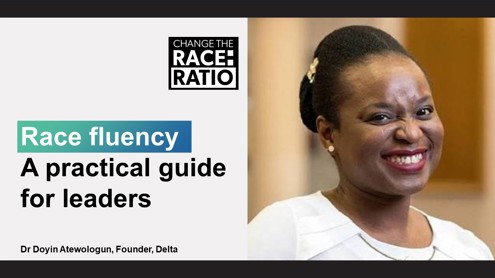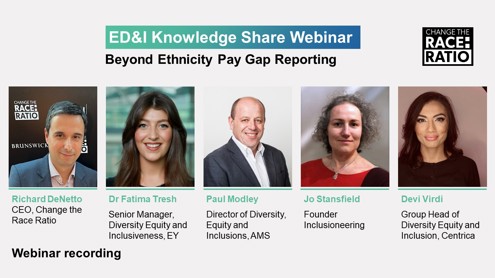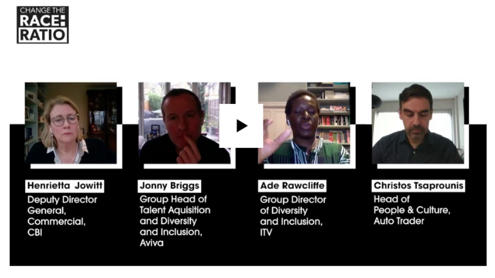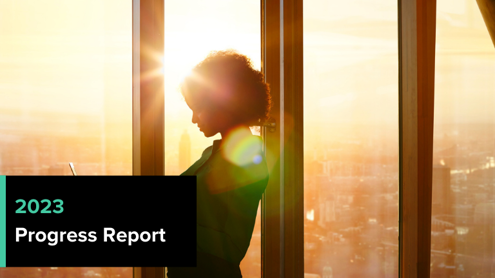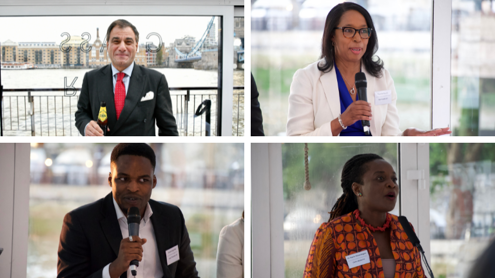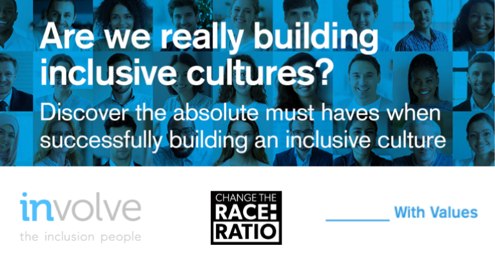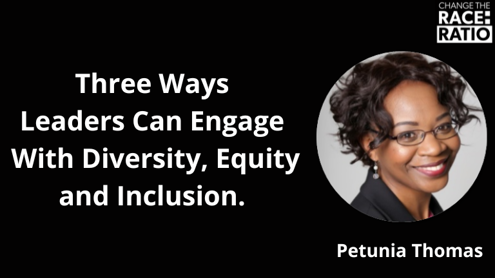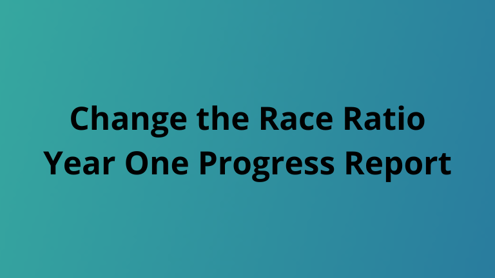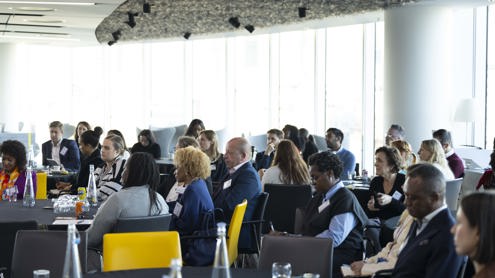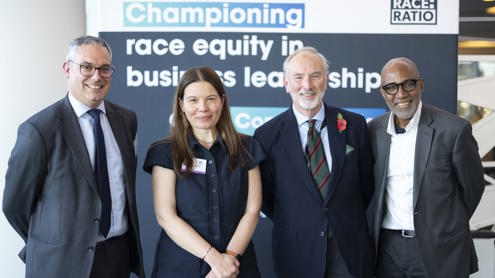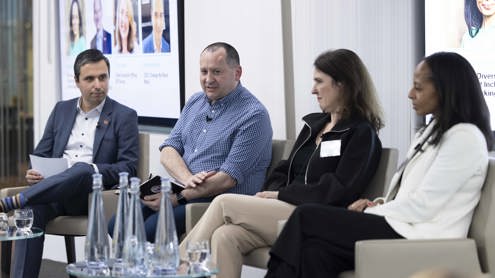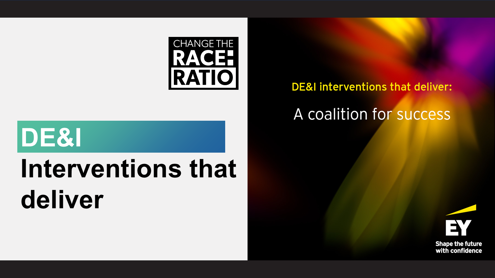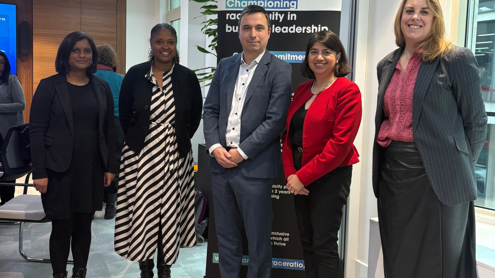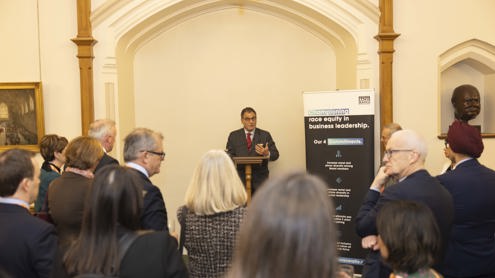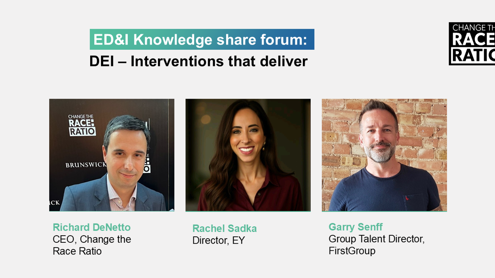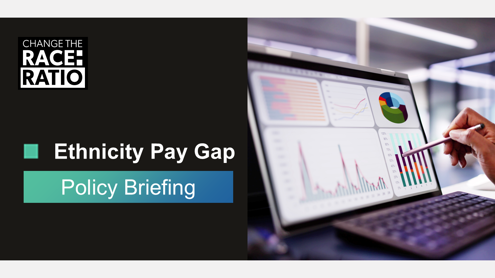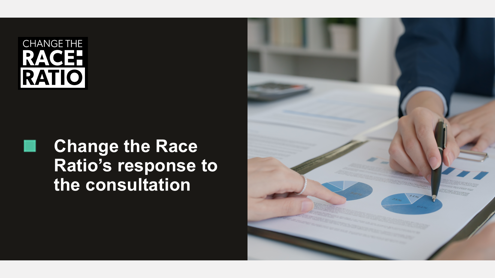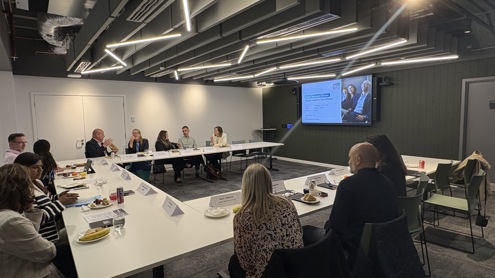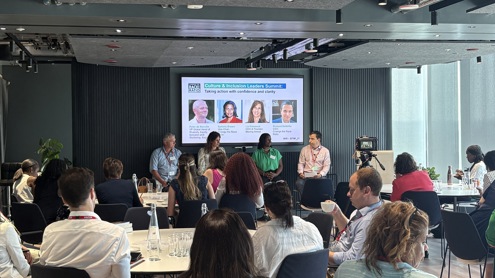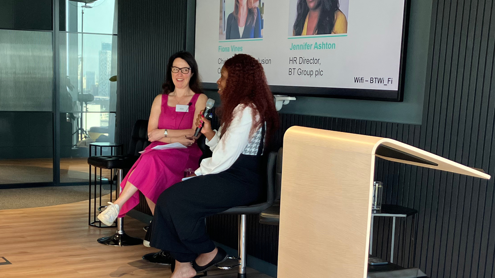The FTSE250 Culture and Inclusion Study
In the summer of 2021, Brands with Values launched their Culture and Inclusion Index in partnership with Management Today, Change the Race Ratio and Involve.
The launch included a webinar presenting some of the key findings followed by a panel discussion with speakers from Diageo, EY, Microsoft and Involve, chaired by Adrian Walcott Managing Director, Brands with Values.
The Culture and Inclusion Index
This is the second UK-wide culture study, powered by the Brands with Values Culture Decoder. The first study, conducted at the beginning of the first lockdown in 2020, was affected by the uncertainty that affected us all as we adapted to working differently.
At that time, businesses had to learn how to deal with new ways of working. The hospitality industry had closed down and office-based workers and on-site workers alike were plunged into uncertainty.
Looking at the findings of the first study, we can see some fear, but optimism too. At that time, there was no way we could have known the depth of the pandemic to come – and the sun was shining.
The 2020 findings paint a picture of a workforce that wished to develop cultures equipped to deal with the moving goalposts of home-based working and online workshops. Responders wanted their cultures to adapt and be agile.
Findings from the second Culture and Inclusion Index
The second report shows how our response to workplace culture has changed over lockdown – and beyond. But how?
The findings of this report show that ‘agile’ has been replaced with ‘collaborative’ as the number one desire of our respondents. It suggests that we have adapted to the changes demanded by the pandemic, and we’re now looking for ways to work together, however remote we may be.
The year 2020 also saw a reignition of the inclusion movement, driven, in part by the murder of George Floyd. And while there was no mention of ‘equality-focused’ in the desired values of the 2020 study, it appears in second place in the second study, along with a desire for organisations to be ‘ethical’ and ‘socially responsible’, indicating a new direction for workplace culture when we compare the 2020 to the 2021 report.
Challenges in workplace culture
This most recent report also highlights the difficulty large organisations face when it comes to culture.
There is clear evidence that the so-called ‘cultural health’ of larger organisations is challenged by long hours and hierarchy, and that this then leads to them experiencing lower levels of innovation.
It might seem obvious that there would be a lower level of innovation and engagement in larger companies. But our findings also show that larger organisations suffer from poorer levels of inclusion and ‘belonging’ compared to medium-sized companies.
Conclusion
The overall picture for workplace culture in ‘UK PLC’ is complex. But there are clear indications in our report of three things; what is important to employees, the state of workplace culture and the desire for it to improve.
